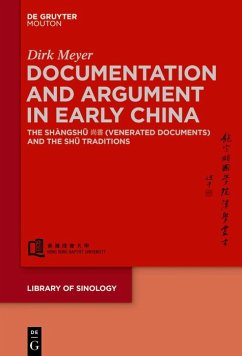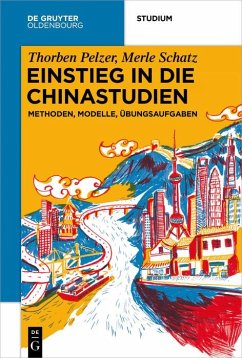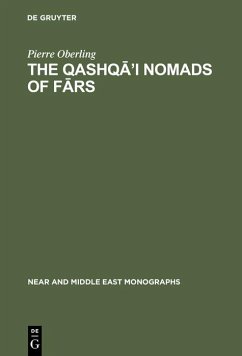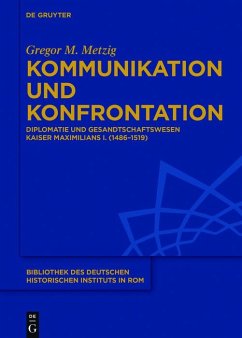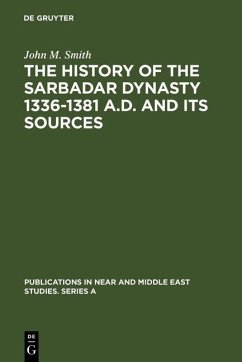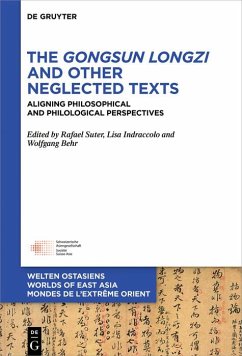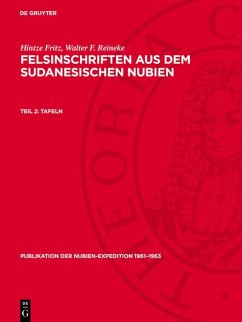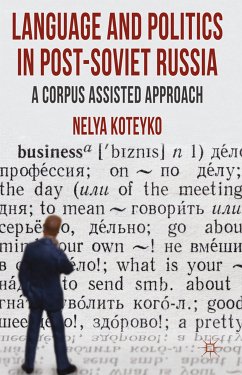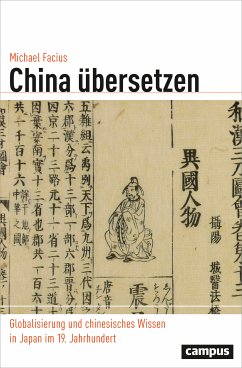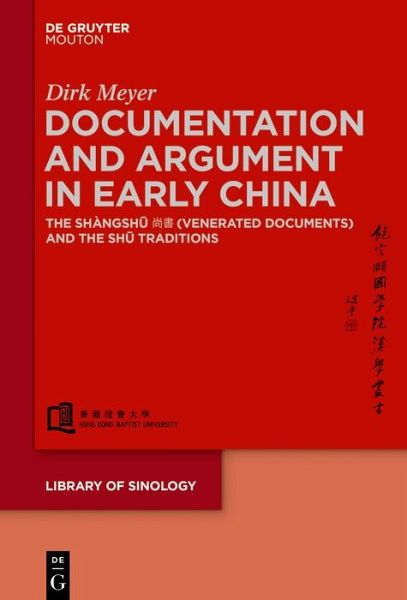
Documentation and Argument in Early China (eBook, PDF)
The Shàngshu ¿¿ (Venerated Documents) and the Shu Traditions

PAYBACK Punkte
0 °P sammeln!
This study uncovers the traditions behind the formative Classic Shàngshu (Venerated Documents). It is the first to establish these traditions-"Shu" (Documents)-as a historically evolving practice of thought-production. By focusing on the literary form of the argument, it interprets the "Shu" as fluid text material that embodies the ever-changing cultural capital of projected conceptual communities. By showing how these communities actualised the "Shu" according to their changing visions of history and evolving group interests, the study establishes that by the Warring States period (ca. 453-2...
This study uncovers the traditions behind the formative Classic Shàngshu (Venerated Documents). It is the first to establish these traditions-"Shu" (Documents)-as a historically evolving practice of thought-production. By focusing on the literary form of the argument, it interprets the "Shu" as fluid text material that embodies the ever-changing cultural capital of projected conceptual communities. By showing how these communities actualised the "Shu" according to their changing visions of history and evolving group interests, the study establishes that by the Warring States period (ca. 453-221 BC) the "Shu" had become a literary genre employed by diverse groups to legitimize their own arguments. Through forms of textual performance, the "Shu" gave even peripheral communities the means to participate in political discourse by conferring their ideas with ancient authority. Analysing this dynamic environment of socio-political and philosophical change, this study speaks to the Early China field, as well as to those interested in meaning production and foundational text formation more widely.
Dieser Download kann aus rechtlichen Gründen nur mit Rechnungsadresse in A, B, BG, CY, CZ, D, DK, EW, E, FIN, F, GR, HR, H, IRL, I, LT, L, LR, M, NL, PL, P, R, S, SLO, SK ausgeliefert werden.




